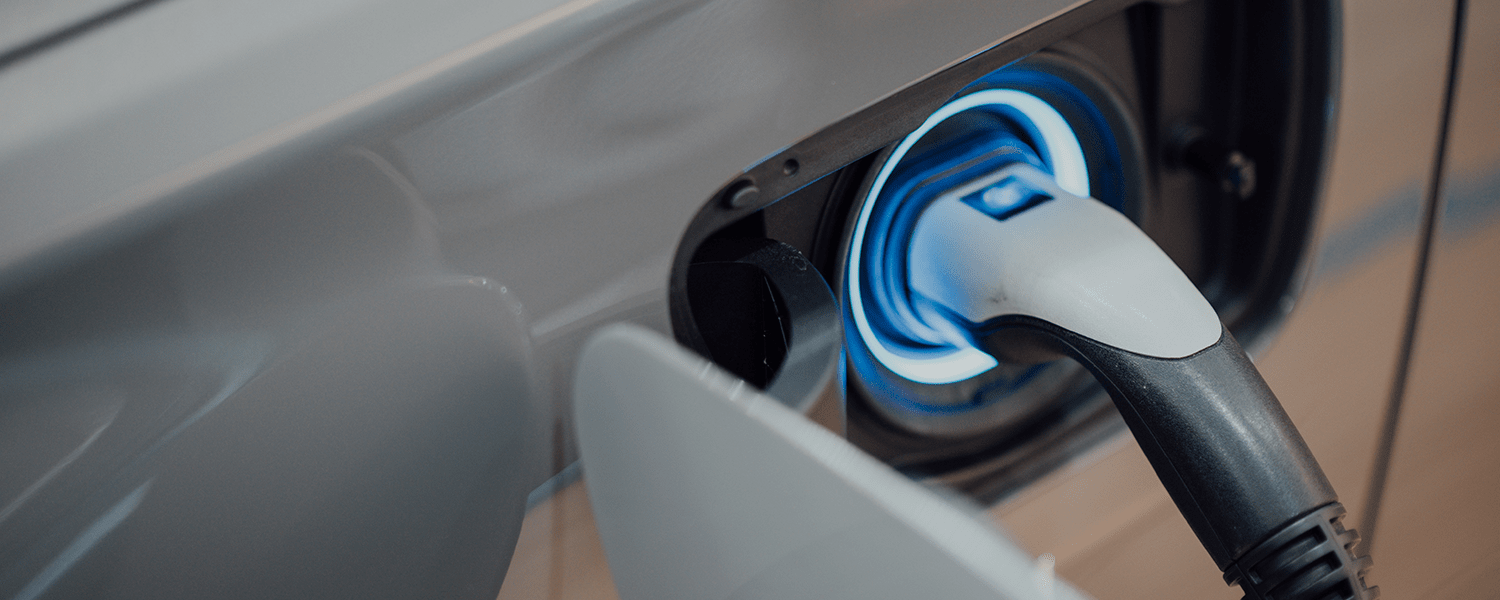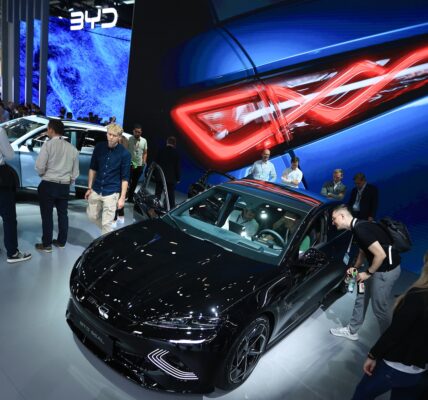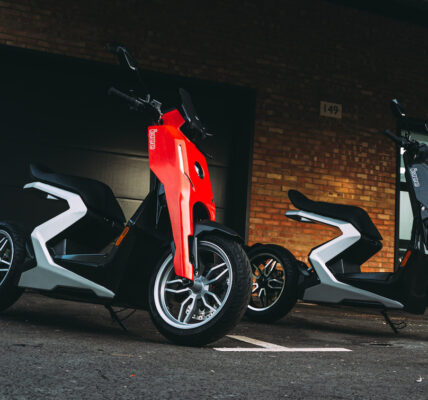The Estonian ride-sharing company Bolt Technology plans to channel £250,000 into measures to encourage UK drivers from their network to transition to electric vehicles, including the installation of 500 new charging points in London.
In the eyes of the ride-hailing company, it is most important to improve charging infrastructure. As such, Bolt will cooperate with Ubitricity “to roll out new charging points in London neighbourhoods where its drivers currently reside”.
Further efforts to move drivers to switch to electric vehicles include a cooperation with leasing company Splend “that requires only a minimal deposit and offers a number of ride-based incentives”. Bolt hopes the initiative will “convert 500 of the 50,000 drivers registered on its platform to EVs in the first six months of next year by offering them a new car hire package.” A calculator app will also be set up so that drivers can see what costs and savings expect them once they make the switch.
Together, these measures should address what Bolt general manager Sam Raciti said are the key barriers that have historically slowed EV adoption; “namely range anxiety, thinly-spread charging infrastructure, and the prohibitive up-front cost of vehicles”. “Global research consistently reports that a combination of cost, range and charging infrastructure are the three biggest barriers to EV ownership, with our own analysis also suggesting as much,” he said. “Therefore, we believe it’s obvious that all three factors need to be addressed.”
Ubitricity is also keen on expanding infrastructure, although this is clearly focused on the taxi business: “Our growing network of 2,500 public charge points brings easy, good value EV charging to the doorsteps of people who park in the street,” said Ubitricity managing director Daniel Bentham. “By working together, Bolt and Ubitricity can help local authorities accelerate the roll-out of EV charging infrastructure for the taxi community and clean the air faster for all of us.”
Ubitricity recently announced that the company is the largest public charging network in the UK after securing a 12.5 per cent share of the total market. They have mainly impressed with EV charging sockets on lampposts and bollards where there is already an electricity connection. To charge, drivers must have their own ‘type 2’ standard cable to charge their vehicle and pay via a smartphone app.







